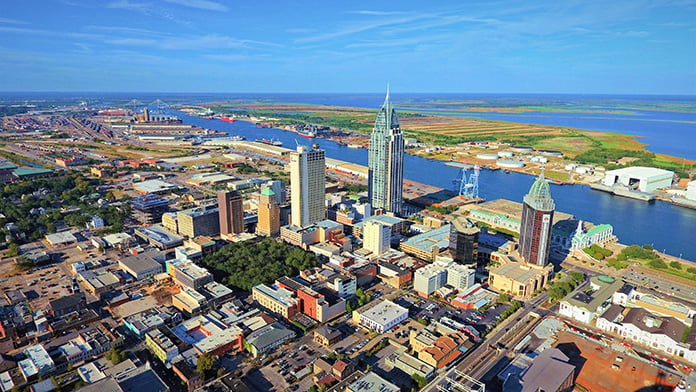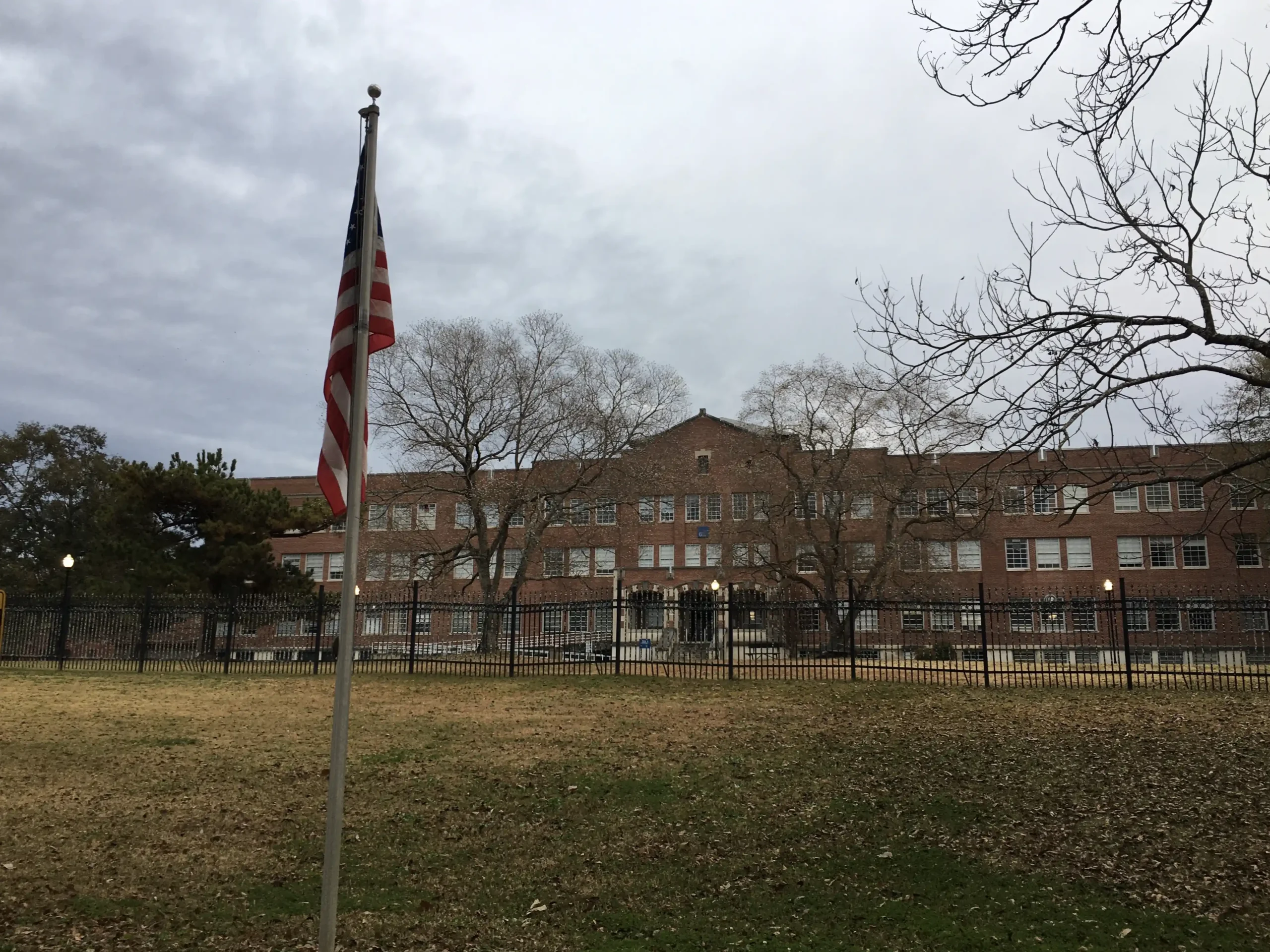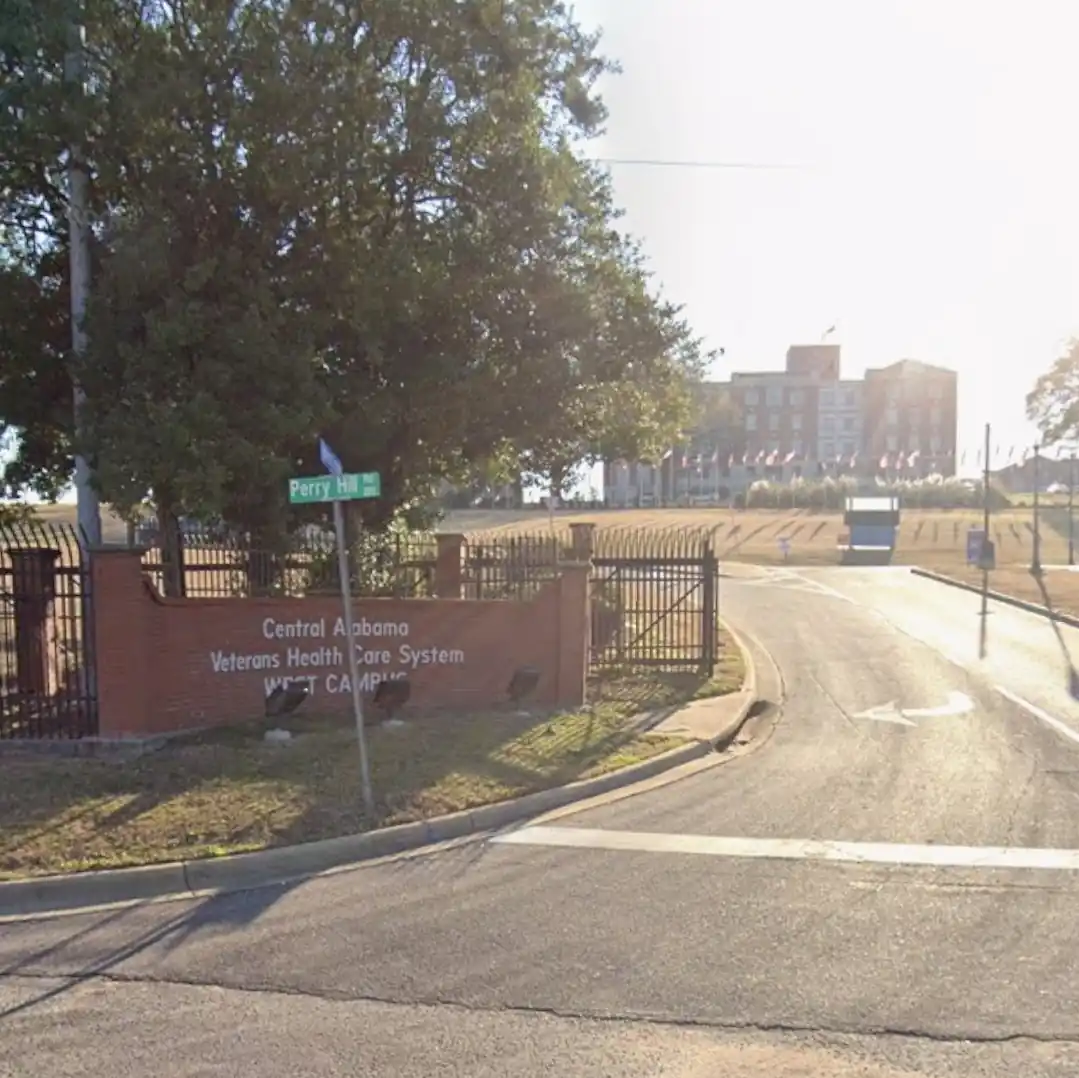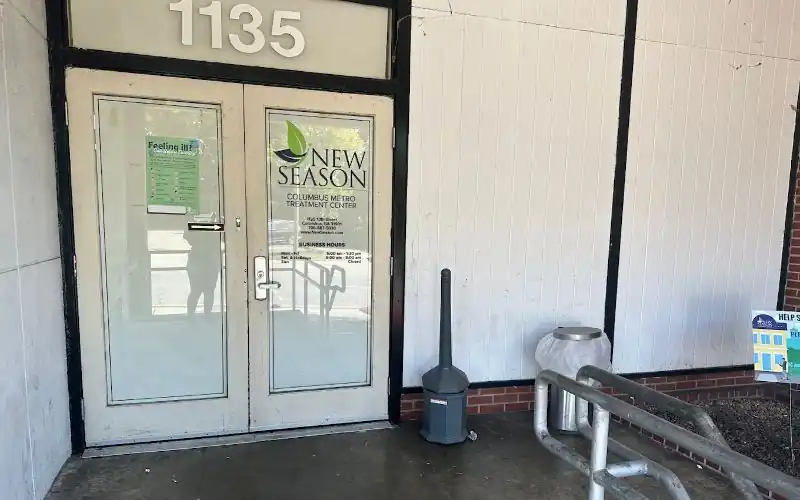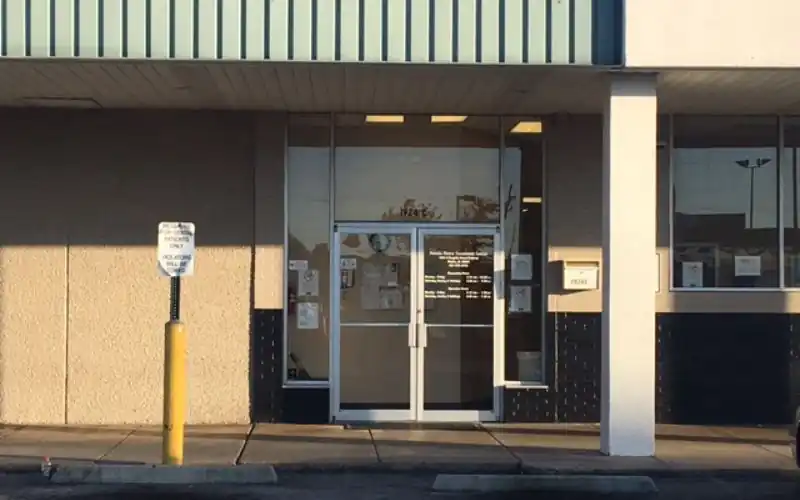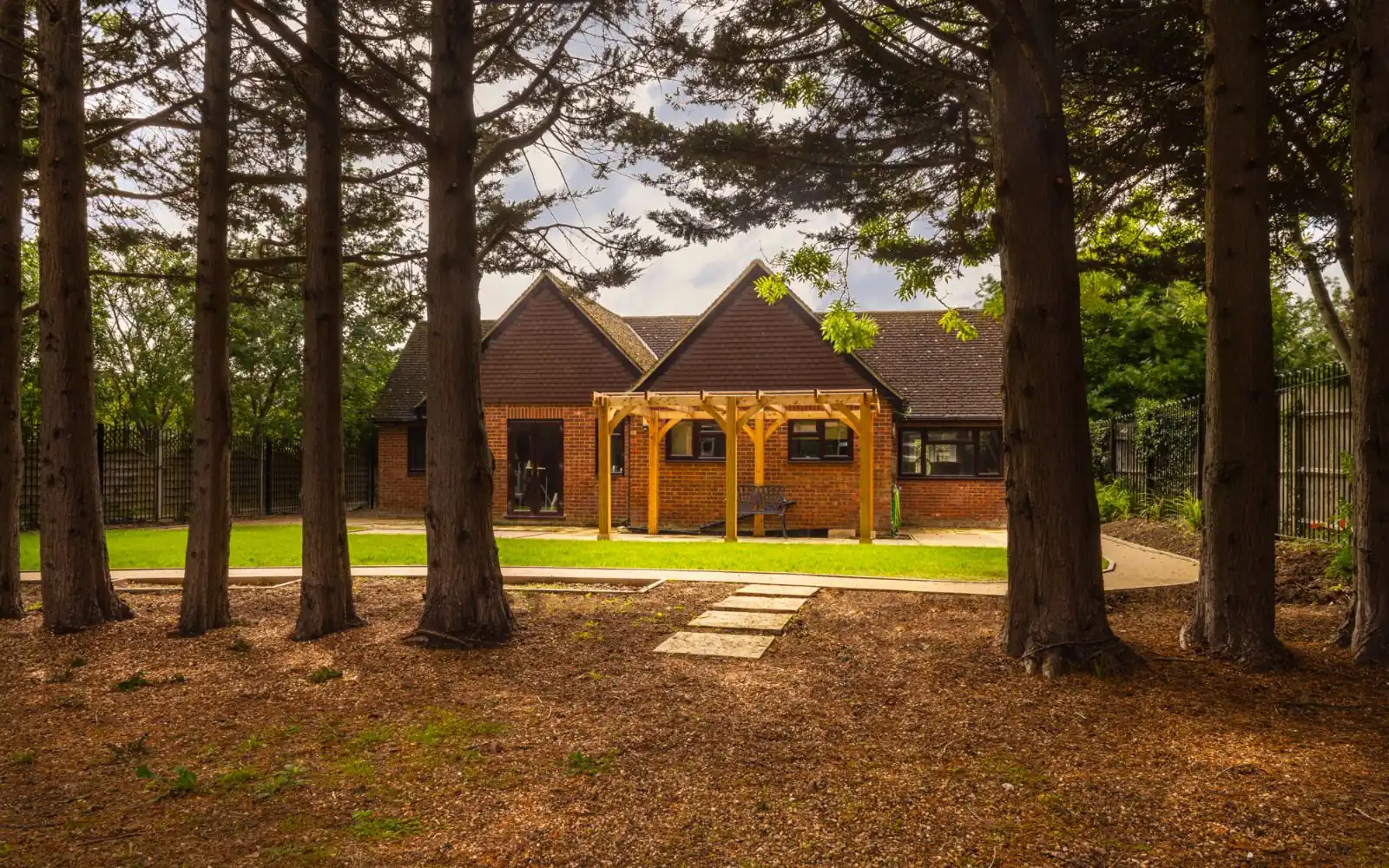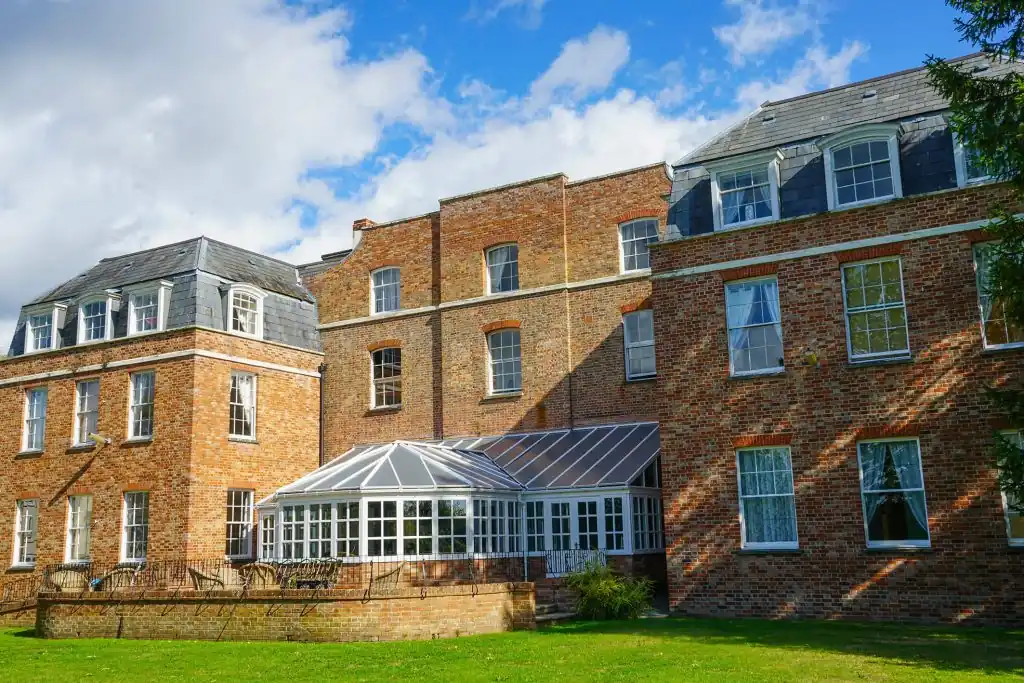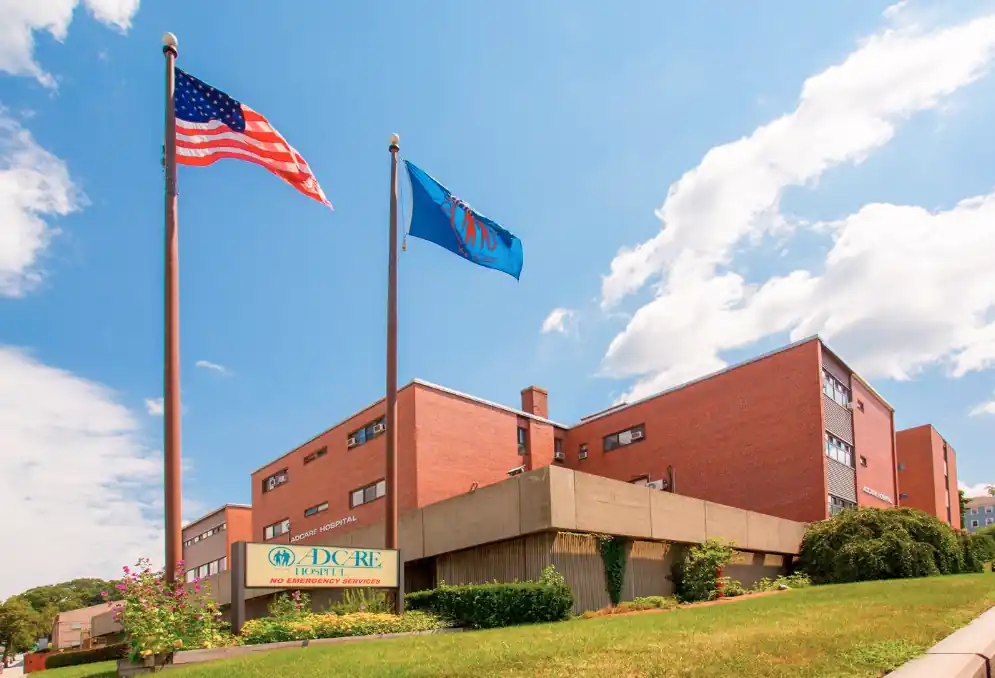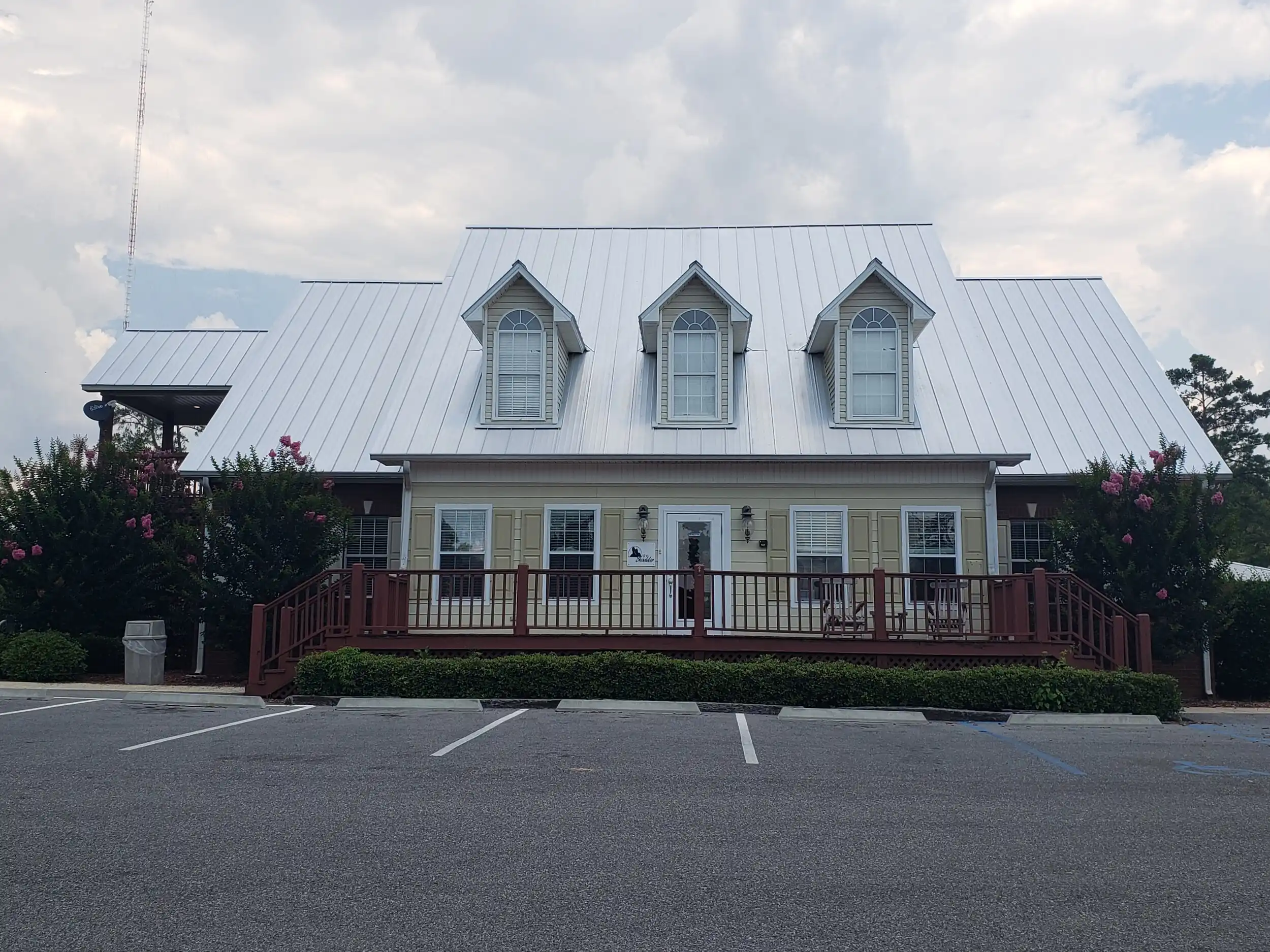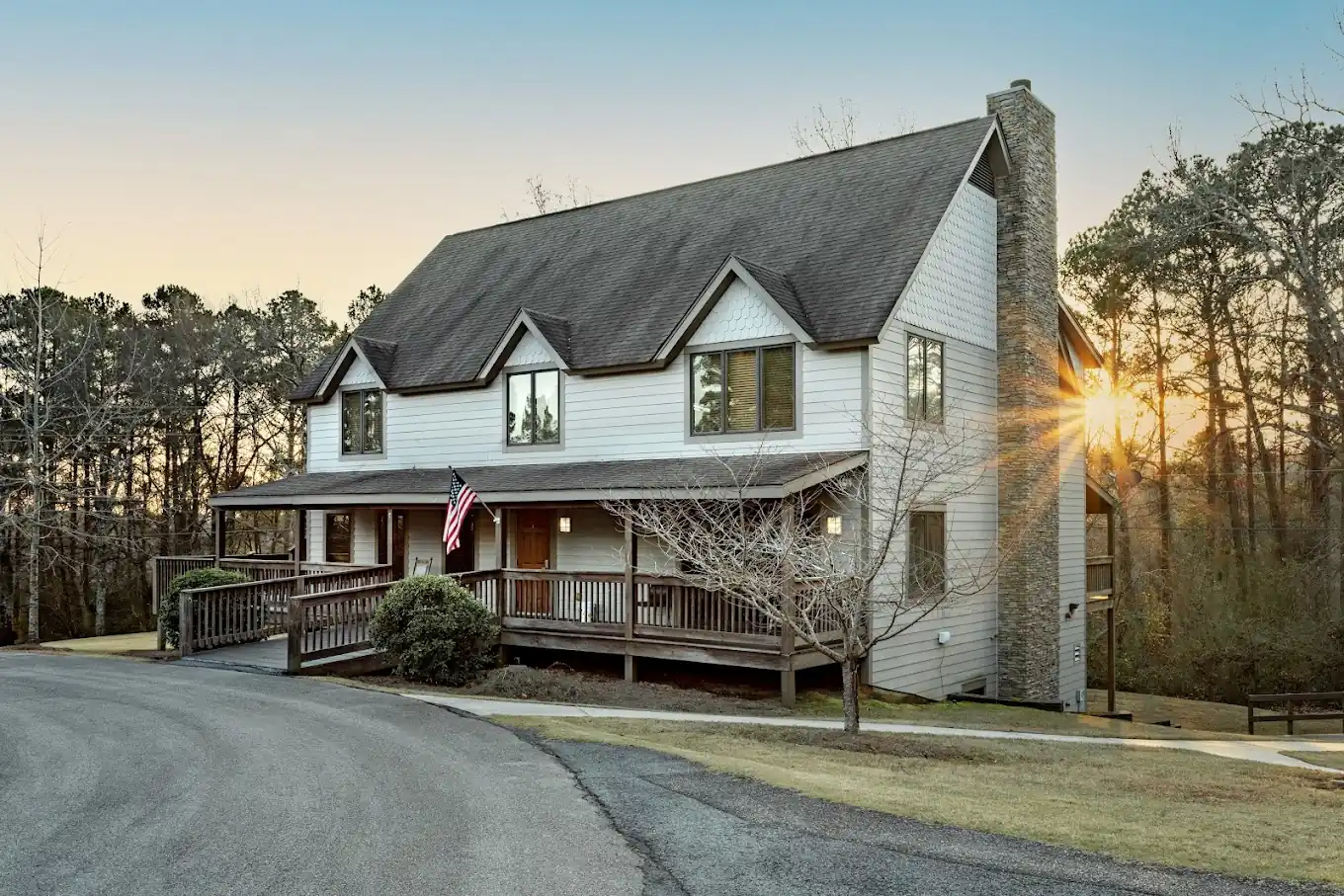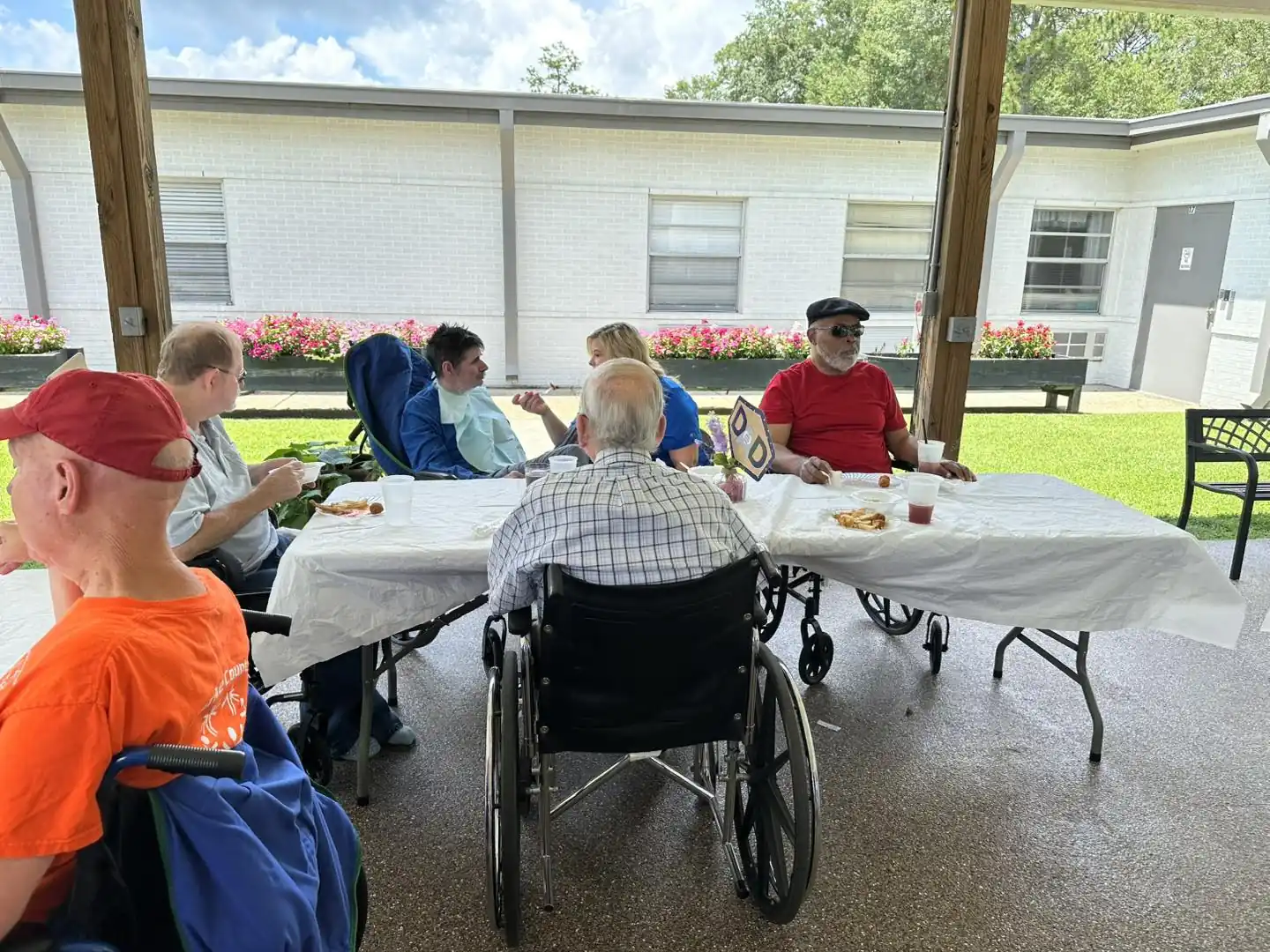Addiction Treatment & Recovery Centers in Alabama
Alabama—home to breathtaking wilderness, close-knit communities, and rich Indigenous heritage—is also facing a serious behavioral health crisis. The state has some of the highest rates of substance use disorder, suicide, and co-occurring mental health conditions in the country. Addiction touches every region—from Anchorage and Fairbanks to rural villages in the Yukon-Kuskokwim Delta and remote coastal communities.
Yet despite Alabama geographic challenges, the state has built a strong, culturally responsive behavioral health network that offers treatment, healing, and hope. Whether you’re looking for detox services, residential rehab, outpatient therapy, or recovery housing, Alabama provides meaningful recovery options for individuals and families—no matter where they live.
